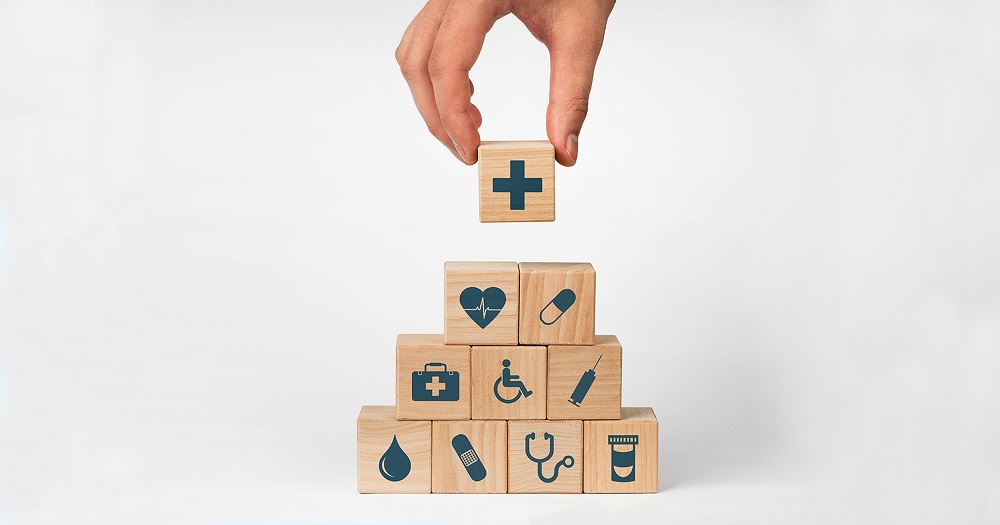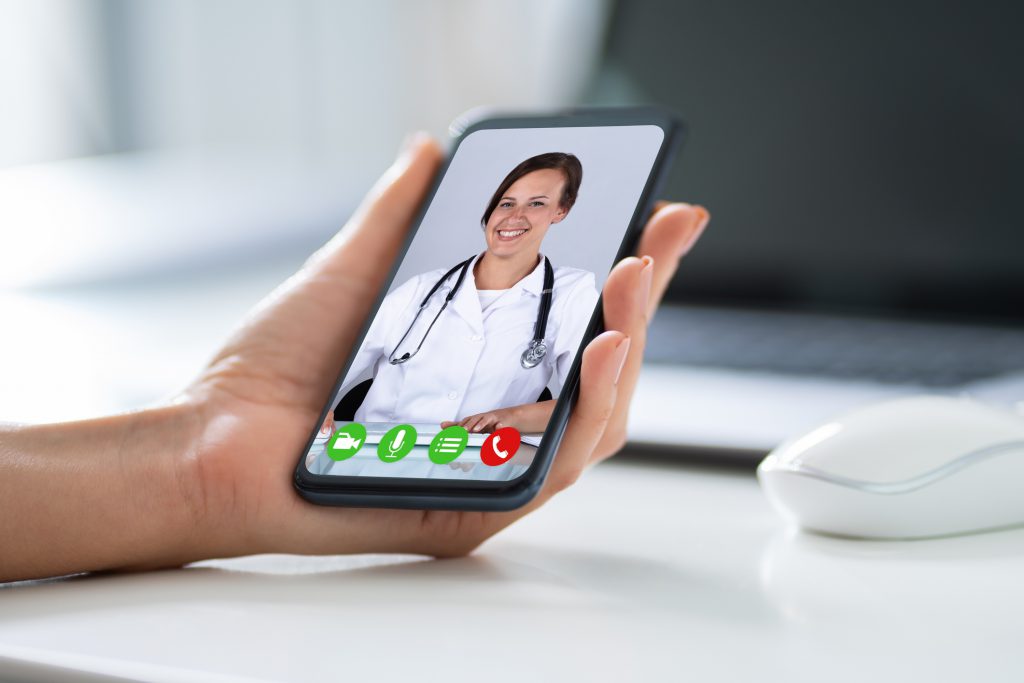 According to the Centers for Disease Control and Prevention(CDC), “Approximately 88 million American adults—more than 1 in 3—have prediabetes. Of those with prediabetes, more than 84% don’t know they have it. Prediabetes puts you at increased risk of developing type 2 diabetes, heart disease, and stroke.”
According to the Centers for Disease Control and Prevention(CDC), “Approximately 88 million American adults—more than 1 in 3—have prediabetes. Of those with prediabetes, more than 84% don’t know they have it. Prediabetes puts you at increased risk of developing type 2 diabetes, heart disease, and stroke.”
Pre-diabetes is a silent health condition that has no symptoms and is almost always present before you develop type 2 diabetes.
It is a condition in which blood glucose levels are higher than normal, but not high enough to be classified as full-blown diabetes. If you haven’t visited your doctor, a good way to see if you are at increased risk for pre-diabetes is to take the American Diabetes Association’s (ADA) Diabetes risk test by visiting https://www.diabetes.org/risk-test
Those who should be screened for pre-diabetes include overweight adults age 45 and older, or those who are under age 45 and has one or more of the following risk factors:
- Habitually physically inactive
- Overweight or obese
- Have previously been identified as having impaired fasting glucose (IFG) or impaired glucose tolerance (IGT)
- Have a family history of diabetes
- Are members of certain ethnic groups (including Asian, African-American, Hispanic or Native American)
- Have had gestational diabetes or have given birth to a child weighing more than 9 pounds
- Have elevated blood pressure
- Have elevated cholesterol
- Have polycystic ovary syndrome
- Have a history of vascular disease
That said, if you have pre-diabetes, your risk of developing type 2 diabetes can be reduced by a sustained modest weight loss and increased moderate-physical activity, such as walking 30 minutes a day.
Through weight loss and increased physical activity, a dietitian may direct you on how to make food choices that cut down on the amount of fat and carbohydrates by:
- Eating more foods that are broiled and fewer foods that are fried
- Decrease the amount of butter you use in cooking
- Eat more fish and chicken
- Eat more meatless meals
- Re-Orient your meals to reflect more vegetables and fruit
If you have symptoms such as increased thirst, frequent urination, fatigue and blurred vision, you may have crossed from pre-diabetes to type 2 diabetes.
Jamaica Hospital Medical Center now offers a free and innovative approach to treat patients who are at risk for developing diabetes. The Diabetes Prevention Program (DPP) was developed by the National Institute of Health and is aimed at managing the health of individuals with either prediabetes or borderline diabetes.
These meetings are facilitated by “Lifestyle Coaches” who are specially trained and certified Jamaica Hospital Patient Navigators with strong interpersonal and group facilitation skills.For more information about eligibility or to sign up for the Diabetes Prevention Program, please visit https://jamaicahospital.org/pre-diabetes/ or call 718-206-8494.
All content of this newsletter is intended for general information purposes only and is not intended or implied to be a substitute for professional medical advice, diagnosis or treatment. Please consult a medical professional before adopting any of the suggestions on this page. You must never disregard professional medical advice or delay seeking medical treatment based upon any content of this newsletter. PROMPTLY CONSULT YOUR PHYSICIAN OR CALL 911 IF YOU BELIEVE YOU HAVE A MEDICAL EMERGENCY.



